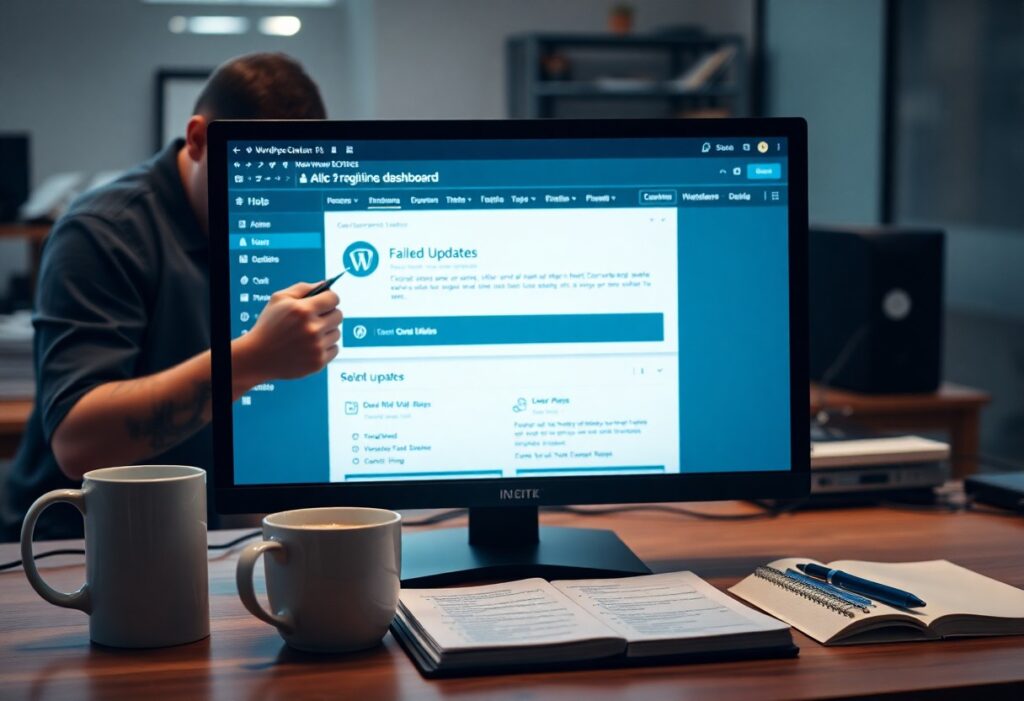WordPress is a powerful content management system that enables you to create and manage websites with ease, but sometimes you may encounter obscure errors that can hinder your progress. Knowing how to tackle these errors will enhance your user experience and improve the performance of your website. Here are some effective strategies that will help you overcome some of the common obscure WordPress errors you might face.
First, always start by clearing your browser cache. Browsers store cached files to help speed up website loading times, but outdated cache files might lead to errors. To clear your cache, go to your browser settings and select the option to clear browsing data. Make sure to check the boxes for cached images and files, then click on clear data.
Next, check for plugin conflicts. Sometimes, the addition of new plugins may create compatibility issues that result in errors. To identify the problematic plugin, deactivate all your plugins and then reactivate them one at a time. After enabling each plugin, refresh your website to see if the error reappears. If it does, you’ll know which plugin is causing the issue, allowing you to seek alternatives or contact the plugin’s support.
If the error persists, you may need to switch to the default WordPress theme. Sometimes, themes can lead to conflicts with various plugins or may have coding issues that create errors. By temporarily switching to a default theme like Twenty Twenty-One, you can see if the issue resolves. If it does, the problem likely lies within your original theme, and you can either resolve the issue or consider reaching out to the theme developer for assistance.
Updating your WordPress core and all associated plugins and themes is another effective strategy. Outdated software can lead to security vulnerabilities and bugs. To perform an update, navigate to your WordPress dashboard, click on Updates, and follow the prompts to update everything to the latest versions. This can often fix many obscure errors.
Additionally, inspecting your error logs can provide valuable insights. To access these logs, you can enable WP_DEBUG mode in your wp-config.php file. Simply add the line define(‘WP_DEBUG’, true); to this file. Once activated, view the logs to identify the specific error messages which can guide you in resolving the issues effectively.
If all else fails, consider reaching out for help from the WordPress community. There are numerous forums, groups, and resources available where you can ask about specific errors you encounter. Websites like Stack Exchange, the WordPress support forum, or Reddit’s WordPress community can be advantageous. By sharing your issue, you might find someone who has faced a similar problem and has strategies to share.
By following these strategies, you can effectively troubleshoot and overcome obscure WordPress errors. Enhancing your knowledge of these processes will empower you to maintain a smoother and more efficient website.




